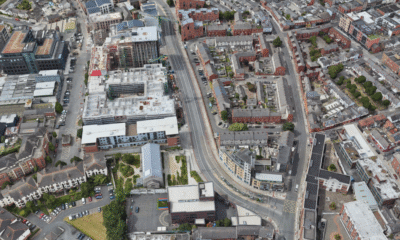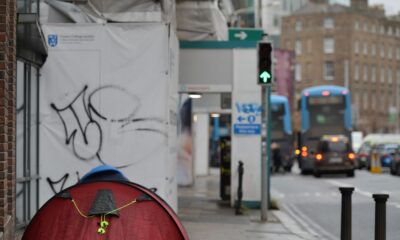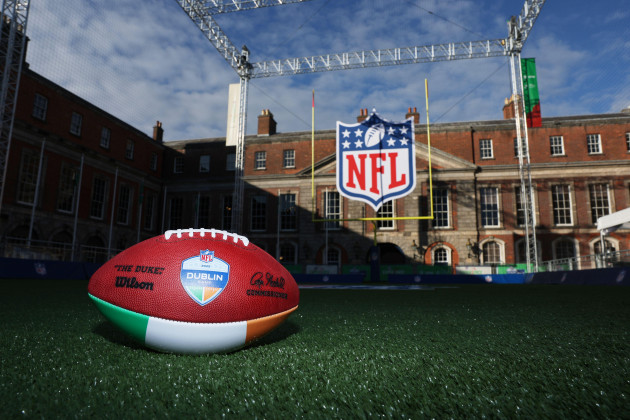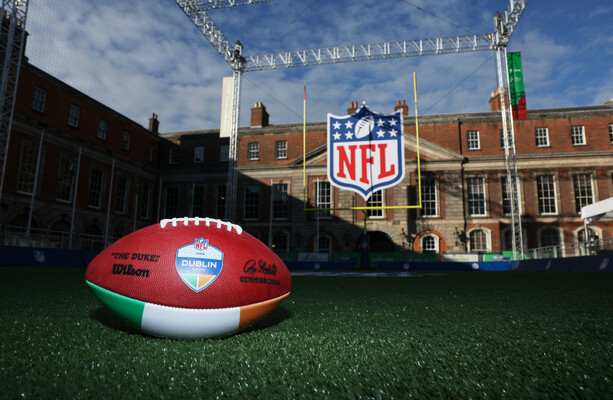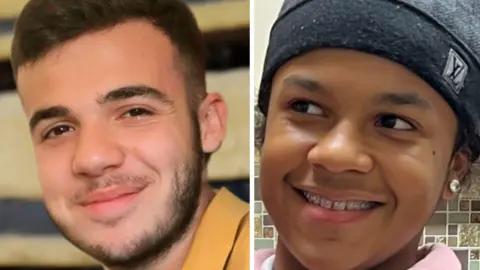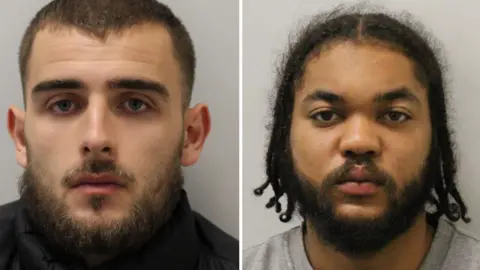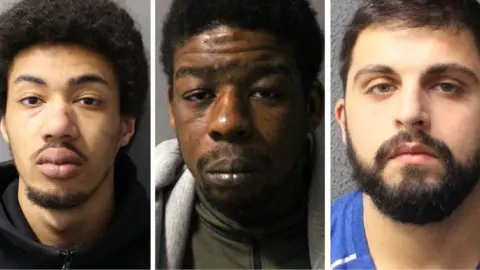AS CROKE PARK prepares to host an NFL game this weekend, the government is betting €10 million on the spectacle, with finance minister Paschal Donohoe promising the economic rewards will be huge.
The Pittsburgh Steelers and Minnesota Vikings will meet in Dublin on Sunday in what will be the first regular-season NFL game ever played on the island of Ireland.
Around 75,000 people are expected at the Jones’ Road venue, with government estimates suggesting 30,000 of them will have travelled from abroad, according to Fáilte Ireland and the Department of Tourism.
They have projected that the event will generate €64m in additional economic activity for Ireland, with a direct Exchequer return on the State’s investment of nearly two to one.
The government has invested €9.95 million (before VAT) in hosting the match.
Donohoe said the spend was justified by the scale of international tourism and revenue that the game would bring.
Dublin Central TD and Minister for Finance Paschal Donohoe defends level of State spend for tomorrow’s NFL game in Croke Park.
Says yes, it has been significant but he is “absolutely confident the awards in economic terms will be immense”.
@thejournal_ie pic.twitter.com/c1uHYPiSMZ
— Jane Matthews (@janeematthews) September 26, 2025
“Yes, significant investment has gone in to delivering this NFL game, but I’m absolutely confident the reward in economic terms will be immense,” he said.
“This is a particular event… because of its ability to attract international and American tourists, some of whom are coming to Dublin for the first time, and that has an additional economic impact that we do have to justify.”
Last year’s college football clash between Notre Dame and Navy at the Aviva Stadium was valued at €180 million, while the 2022 Nebraska v Northwestern game generated €53.5 million.
Munich’s first NFL game in 2022 produced a boost of just over €70 million.
The high-profile fixture this weekend has faced backlash from local politicians and sports figures, however
Eight-time All-Ireland winner Michael Darragh MacAuley said he would join protests against the event, criticising what he described as the NFL’s close ties with the US military.
“I’m disappointed about it,” he told The 42.
“I’m nearly laughing at myself when I hear some dissenting voices here saying sport and politics doesn’t mix. Try to say that to the NFL and the military.
“I think this is this is an organisation that doesn’t hold a high moral bar to anyone,” MacAuley added.
Some critics have also pointed to US support for Israel’s continued assaults and blockade on Gaza.
Labour councillor Darragh Moriarty warned of the “political and cultural cost” of tying Ireland’s national stadium to the NFL, while Green councillor Janet Horner called the city-wide promotion “ridiculous” and said it prioritised tourists over Dubliners.
People Before Profit TD Ruth Coppinger told the Dáil yesterday that American football was “steeped in militarism, racism and macho culture.”
With reporting from Jane Matthews








